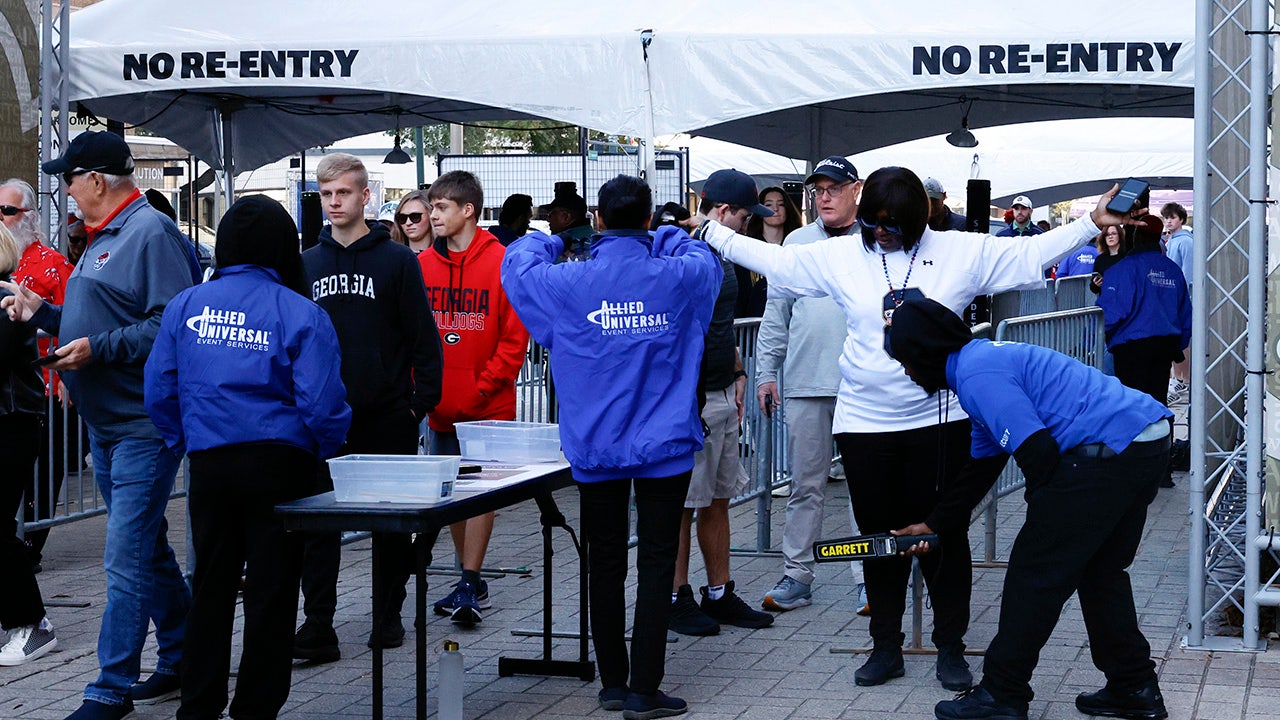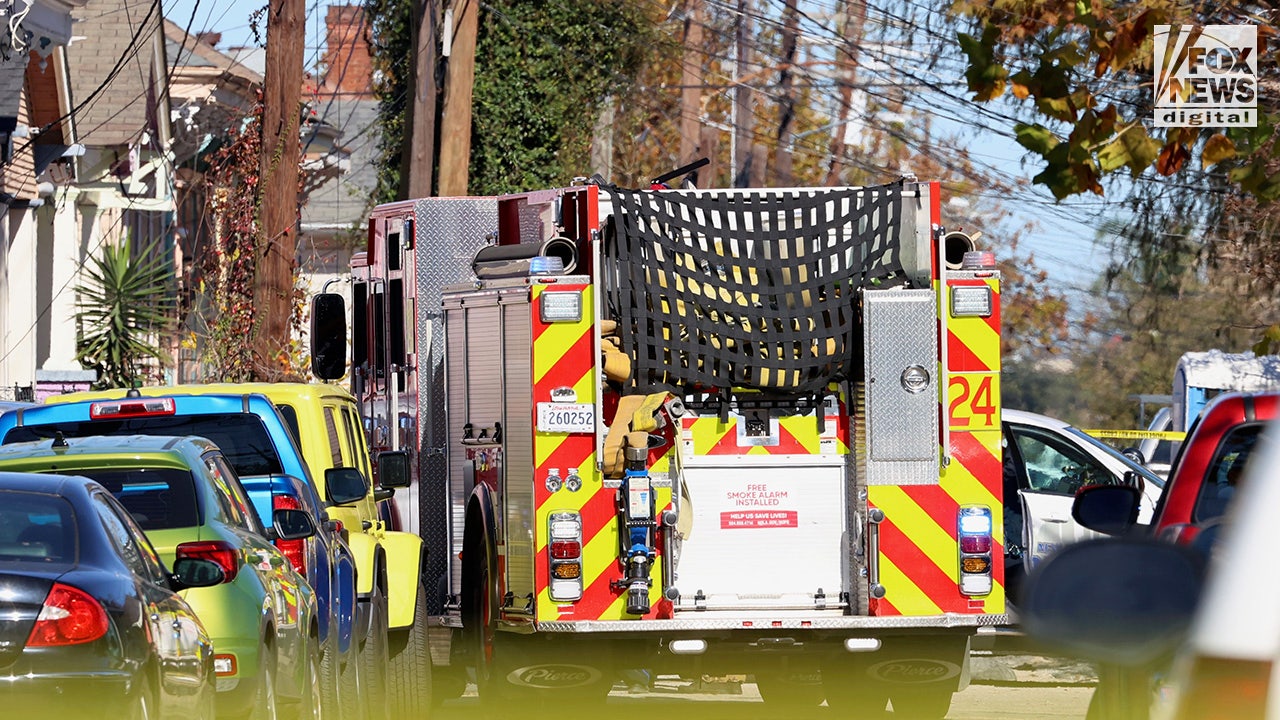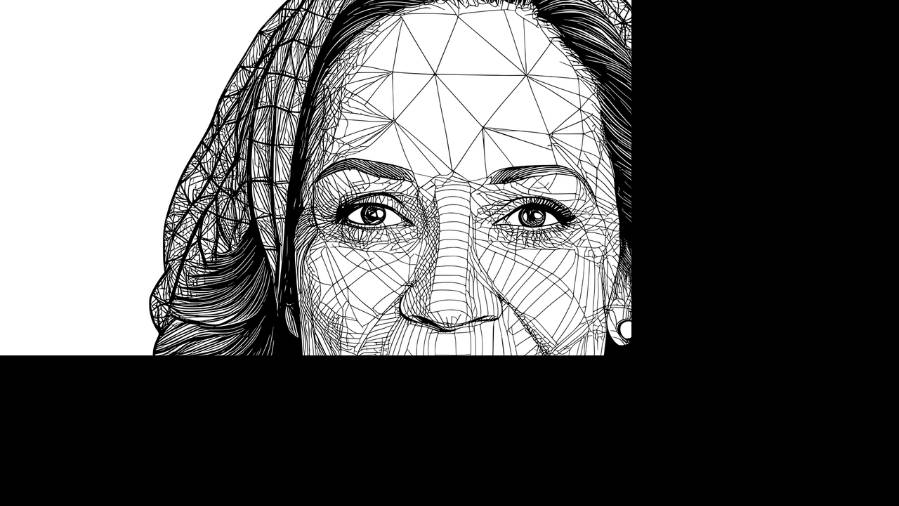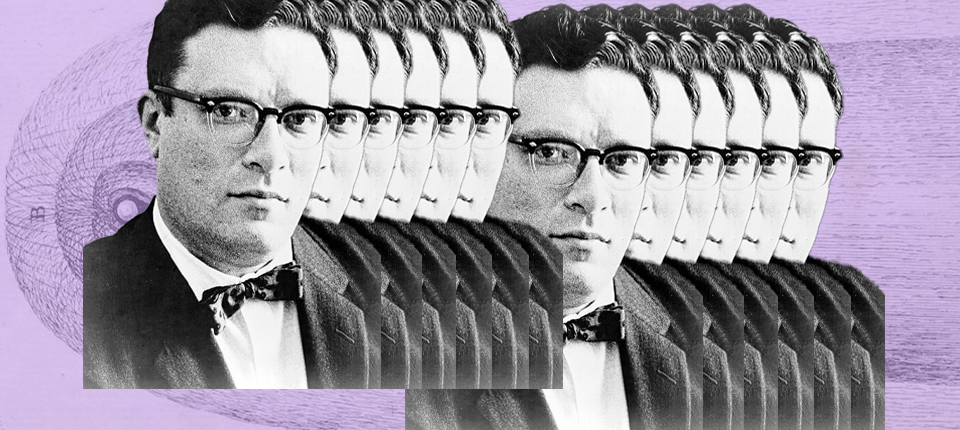The Board Will Decide If I’m Qualified to Live in the Basement
The Board by Elif Batuman
The broker hadn’t arrived yet when I arrived at the address of the listing. A cold, fine rain was falling. Glancing up and down the street, I took in a series of garbage cans and recycling bins. The recycling bins also had garbage in them. Two ailing trees, surrounded by weeds, grew in front of the building, alongside some kind of malformed bush. As I paused to examine the bush, which appeared to be planted directly into the sidewalk, it turned to face me, and I realised with astonishment that it was, in fact, the broker: a young and emaciated man in a textured, shrubbery-colored coat.
“The seller will meet us downstairs,” said the broker in a low voice, and turned to enter the building. I followed him up the front stairs, side-stepping a heap of dirty carpets, which shifted, as we passed, to disclose the figure of a sleeping man who, disturbed by our approach, leapt to his feet and began cursing at the top of his lungs. Something in the broker’s posture, as he brushed past the shouting man, made me suspect that the two were not meeting for the first time.
Abruptly ceasing his shouting, the man turned to me. “You have to help me,” he said in a hoarse, pleading voice. “You have to help me with the board.”
His desperation was so striking that I stopped in my tracks, pausing to face him. But, as I was trying to read the expression in his ravaged face, I heard the broker clear his throat. “The seller,” he said, “is waiting.”
Despite the broker’s youth, I knew him to be one of the most sought-after men in his profession. It was something of a mystery that he had even agreed to meet with me, as I hardly had the wherewithal to make a large purchase, and his commission was unlikely to be a spectacular one. It was possible that, in securing this appointment, I had benefited from the advocacy of some person of influence, whose favour I had found for one reason or another, and who had intervened on my behalf. Whether or not this was the case, he was a figure I could hardly afford to alienate.
“You must forgive me,” I told the man. “I’m not able to help.” As I hurried after the broker into the building, I heard the unfortunate fellow resuming his curses behind me.
Circumnavigating an expensive-looking stroller that had been left in the foyer, the broker began to climb the stairs.
“I thought it was a basement unit,” I said.
“Every building is different,” the broker said. “Especially prewar buildings.”
“Surely the custom of putting the basement on the bottom floor has a venerable, even an ancient history,” I said, attempting a note of levity. But the back of the broker’s head betrayed no sign of amusement, and we resumed our climb in silence.
Finally, taking a key from the pocket of his overcoat—which, in the windowless stairwell, bore more resemblance than ever to a coniferous shrub—the broker unlocked one of two doors on the fourth-floor landing, and we passed into a spacious living room with south-facing windows, wooden ceiling beams, and hardwood floors. I paused to inspect the chimney of what appeared to be a working fireplace. But the broker, with scarce regard for the custom stonework, strode through the room and into the hallway.
Proceeding past a master bedroom, and a home office that could easily have accommodated a twin or perhaps even full-sized bed, we arrived at a newly remodeled bathroom. But the broker showed no interest in either the rain forest shower or the reclaimed bronze fixtures. Instead, he opened the linen closet and began removing stacks of plush towels, placing them with care on the vanity. When he had emptied the shelves, he pressed a panel in the back of the closet, which collapsed to reveal a pitch-dark airshaft. Climbing up the two lower shelves, the broker deftly maneuvered his body into the airshaft.
“This is an original detail,” he said, indicating what I saw to be an iron ladder descending into the gloom.
The way down the ladder felt significantly longer than the four stories we had climbed to reach it, and my hands were soon smarting from gripping the iron bars. I congratulated myself on the decision to wear running shoes, rather than the medium-heel Chelsea boots I had been considering. As I was wondering how much farther we had to go, and how far we had already descended—six floors? seven?—the ladder came to an end, leaving me with no choice but to drop several feet to the polished concrete floor. The broker—he was wearing glossy oxblood loafers—had clearly sustained some slight injury to his ankle, which he was doing his best to conceal.
Looking around, I perceived that we were in a moderately sized studio, with Bosch appliances and an exposed brick wall.
“It’s actually a junior one-bedroom,” said the broker, pulling a sliding door from the wall, blocking off the alcove that contained a Murphy bed. Looking around, I understood how the young broker had earned his reputation.
How many of his colleagues would have failed to identify what I now realized was—despite some slight peculiarities, which were, in any case, hardly shocking, given the price—a charming and centrally located apartment? There were, of course, no windows, but the recessed wall lighting gave the living room a homey glow. As I cast an eye over the low divan heaped with colorful cushions, I felt myself shaking off the mood of anxiety left by the long climb down the airshaft.
One corner of the room remained in shadow, and contained a plush dog bed, on which a cashmere blanket had been elegantly tossed. The five years in my childhood during which my family had had the means to keep a standard poodle have been preserved in my memory as the happiest time of my life, and this evidence of a similarly sized creature in residence struck me as an auspicious omen.
In the next moment, it occurred to me to wonder how the dog customarily entered and left the apartment, since it could hardly be expected to climb a six-story ladder. “So, tell me about this ladder,” I said to the broker. “Is that the only way to get in and out?”
“This building is pretty strict with its fire code,” replied the broker—somewhat cryptically, to my mind.
“But how,” I asked, “do they walk the dog?”
I realized, with a start, that what I had taken to be a cashmere blanket was actually the emaciated figure of an aged man with a long beard.
“The dog?”
I gestured toward the dog bed.
“There is no dog,” said the broker, and I realized, with a start, that what I had taken to be a cashmere blanket was actually the emaciated figure of an aged man with a long beard.
“Here we are,” the broker told the man in the dog bed, raising his voice.
“Ah,” said the man, slightly moving his head.
“This is the seller,” the broker told me.
“How fantastic to meet you!” I said, extending my hand. In my eagerness to hide my discomfiture, I had, perhaps, adopted a tone of excessive heartiness. The man looked at my hand, or near it, and briefly seemed about to speak, but did not, in the end, do so. “I love your apartment,” I continued. “It’s just what I’ve been looking for. I’d really given up hope of finding anything like it.”
At these words, the man, seeming to exert superhuman effort, raised his eyes to meet mine. I was surprised by the keenness of his gaze. The broker, seeming to recognize some signal, stepped forward with alacrity, inclining his body toward the dog bed and positioning his ear close to the seller’s face. Having listened in silence for some moments, the broker stood and faced me, and, when he spoke, it was with a newly belligerent note in his voice. “Listen,” he said. “The seller agreed to this viewing for one reason: because we were told you’re not a tire-kicker.”
“I see,” I said, suddenly adrift in a sea of speculations.
They had been told . . . by whom? So someone powerful had been pulling strings on my behalf.
“Are you a serious buyer, or aren’t you?” barked the broker.
I took a deep breath, recognizing that the crucial moment had arrived, and demanded swift action. It occurred to me, as I considered my options, to ask whether the seller had plans to move out—and, if so, whether his physical strength was adequate to their execution. As I was choosing my words, a series of images flickered before my eyes, most of them concerning the circumstances that had made my property search so imperative. I saw the disappointed faces of my family, should I prove unable to remain in this city, on which so many of our hopes depended. Finally, I saw the face of Eveline, our standard poodle. I saw her customary hopeful expression of ready intelligence; I saw her eyes full of pleading, as they had been at our last encounter. How much worse than even the loss of Eveline, if I were forced now to leave the city.
By comparison, I felt, the seller presented a relatively unobjectionable figure, unlikely to cause any disturbance, for example, through loud noises or sudden actions; it was, moreover, a poignant but inarguable fact that whatever inconvenience might be created by his presence was unlikely to be of a long duration.
“I’m a serious buyer,” I said.
The broker nodded briskly. “The board will consider your application,” he said—and, approaching the bed alcove, he opened a closet I had already admired for the number of suits, shirts, and coats it accommodated. Pushing these garments aside, he revealed a narrow passageway, into which he disappeared.
The assembled board members were seated around an oak table, in a room with leather panels. By some curious effect, the flickering light from the wall fixtures resembled torchlight. As there were no unoccupied chairs, I remained standing.
“Have you ever been a homeowner?” shouted a man with a weathered face and excessively straight posture.
A murmur passed around the table when I admitted that I had not.
“At your age? You’re hardly young,” remarked a woman with pleasantly unkempt salt-and-pepper hair; she wore wooden earrings and a batik dress. The pointedness of her observation was mitigated by a kindly, soothing tone, which I strove to replicate in my reply.
“The time for a new undertaking may come at any age,” I said, smiling.
The woman continued to look at me, now with an expression of serious concern. “I cannot agree,” she said. “No, I cannot agree at all. One does not start new undertakings at any age. To attempt to do so is not just unrealistic, but tragic—a certain sign of some tragedy in the past, if not the future.”
“At any rate,” put in a clean-shaven man in a suit, with a hint of a Central European accent, “we are hardly looking here for adventurers.”
“I understand your concerns,” I said, “and I assure you—”
“You cannot understand,” pronounced an old man at the head of the table, presumably the director of the board.
“Why not, when the concerns are so natural? But you see—”
“It is not only that you yourself have never served on a board, but that you are so far from having been able to do so that, as you yourself just admitted, you have never owned property anywhere—let alone in our city,” said the man in the suit. “What, then, can you understand?”
I glanced at the broker, who was standing some feet behind me, but his total engrossment with his cell phone made it clear that, whatever his stake in its outcome, I could not rely upon his assistance in the interview.
You’re starting to get that you’re not qualified.
“Ladies and gentlemen,” I began. “Friends, if I may.” In truth, I detected no sign of friendliness on any of the faces turned toward me, so that this form of address was dictated more by wishful thinking than by any aim towards accuracy. “It is true that I have not owned property, and that, at my stage of life, this may be viewed as a form of negligence.”
“Hear, hear!” put in a man with ferociously orange hair. At this outburst, the old man at the head of the table directed at him a look of such unconcealed contempt that the orange-haired man fell to coughing.
“Nonetheless,” I continued, “I have been proud to call this city my home for eleven years. You will agree that it is not every newcomer who lasts eleven years here. I could hardly have accomplished so much without a keen awareness of the challenges faced by the people of this city, as well as the impossibility of being too scrupulous in choosing one’s neighbors.”
The director fixed me with a gaze of profound weariness. “You say you are aware,” he said, “yet you are no more aware than a blind man is aware of the viper coiled in darkness, silently poised for the strike.”
Somewhat taken aback, I assured him that I did not doubt that this was so, and that, since on this, as on all other points, his knowledge was greater than my own, the most efficient way forward might be for the board to tell me its concerns—insofar, I added humbly, as someone like myself was qualified to address them—so that I might attempt to lay them to rest.
“So you’re starting to get it,” piped a gaunt woman in a designer tracksuit. “You’re starting to get that you’re not qualified.”
“But I haven’t yet presented my qualifications.”
“Qualifications!” snarled the orange-haired man. “Qualifications—when before us we see those shoes!”
“My shoes?”
The director closed his eyes. “These shoes. These sneakers,” he began, but the task was too much for him, and he lapsed into silence.
“This . . . ‘footwear’ indicates not just a lack of concern for formal protocols, but a level of physical activity that we cannot view as favorable,” picked up the man in the suit.
I admitted that I had been apartment-searching for some time—an activity that often involved a great deal of walking.
“Walking, at all hours of the day and night, I suppose—indoors and out!” snapped the woman in the tracksuit. “Without a thought for those around you.”
“I do always wear slippers when I’m at home,” I said.
“Shoes, slippers—pah!” She waved her hand. “It’s the walking. The weight on the floors, the vibration, the potential damage to the internal structures.”
“But, with a basement unit—with the ground floor—”
“How can you know what’s under the ground floor?” demanded the man with the weathered face.
“Ignorant!” shouted the orange-haired man. “A negligent ignorance, typical of the unpropertied.”
I felt a flicker of impatience. “How can I overcome that ignorance, if it’s a ground for my not being able to buy an apartment?”
“This is a place of residence—not an educational institution.”
“A tragedy in the past—a foundational trauma,” the woman in the batik dress said sadly.
A curtain seemed to fall before my eyes, and for some time I heard nothing of what was being spoken.
“In view,” the director was saying, “of your incomplete application . . .”
“My application,” I echoed. On the one hand, I felt that I had hardly had time to submit an application, since I had only just seen the apartment for the first time. On the other hand, I felt that the director was right, that I had submitted an application, and that its faults were all that he said them to be.
“Missing all the most essential elements. What are we to understand of your financial history, your job security, your likelihood of suffering serious illness, requiring, perhaps, round-the-clock medical care, causing inconvenience to the others in the building?” asked the man with the weathered face.
“What you do not seem to understand,” began the director, closing his eyes with effort.
“. . . would take you ten lifetimes to learn!” put in the woman in the tracksuit.
“What you do not seem to understand is our responsibility. The responsibility of the board. The weightiness of the board’s responsibility.” As he spoke, the director’s head drooped forward, as if under the weight of which he spoke. “There is no decision more serious than whom to admit to live here. To live, after all, is a weighty matter. There is none weightier. To live—or not to live.”
“Not to live,” I echoed.
“Precisely. Not to live here. And what is life? Where is life? Where is it sustainable? To allow life where life cannot be sustained is an irresponsibility—and so our responsibility, the responsibility of the board, is not just to the tenants, but to the city itself.”
“Friends,” I said, several hours later, “I must thank you for helping me to understand more clearly the limitations of my knowledge, of my qualifications to live. I will trouble you no further.” As I turned to leave, the broker didn’t look up from his phone screen, on which, I saw, he was manipulating rows of rapidly accumulating, brightly colored jewels.
From the boardroom, I proceeded by means of the passage back to the studio, entering from behind the suits in the closet. The seller, from his place in the dog bed, fixed me with an avaricious gaze. Ignoring him, I made my way to the ladder. It was positioned so close to the ceiling that I had to jump as high as I could to even brush the bottom rung with my hand. Casting my eye around the room, I noticed a footstool under the counter. By dragging it under the ladder and climbing on top of it, I was able to grip the bottom rung with both hands. My feet hung an inch or two above the footstool. I did not, at that point, feel capable of letting go with one hand to reach the next rung. So I simply hung there, for some moments, contemplating my next move.



























































